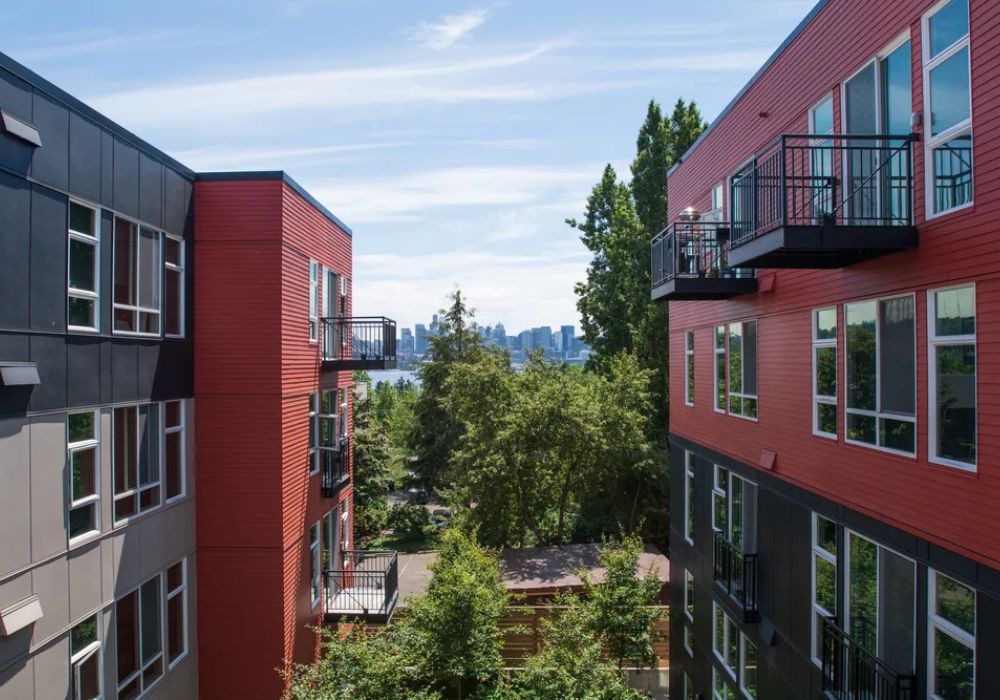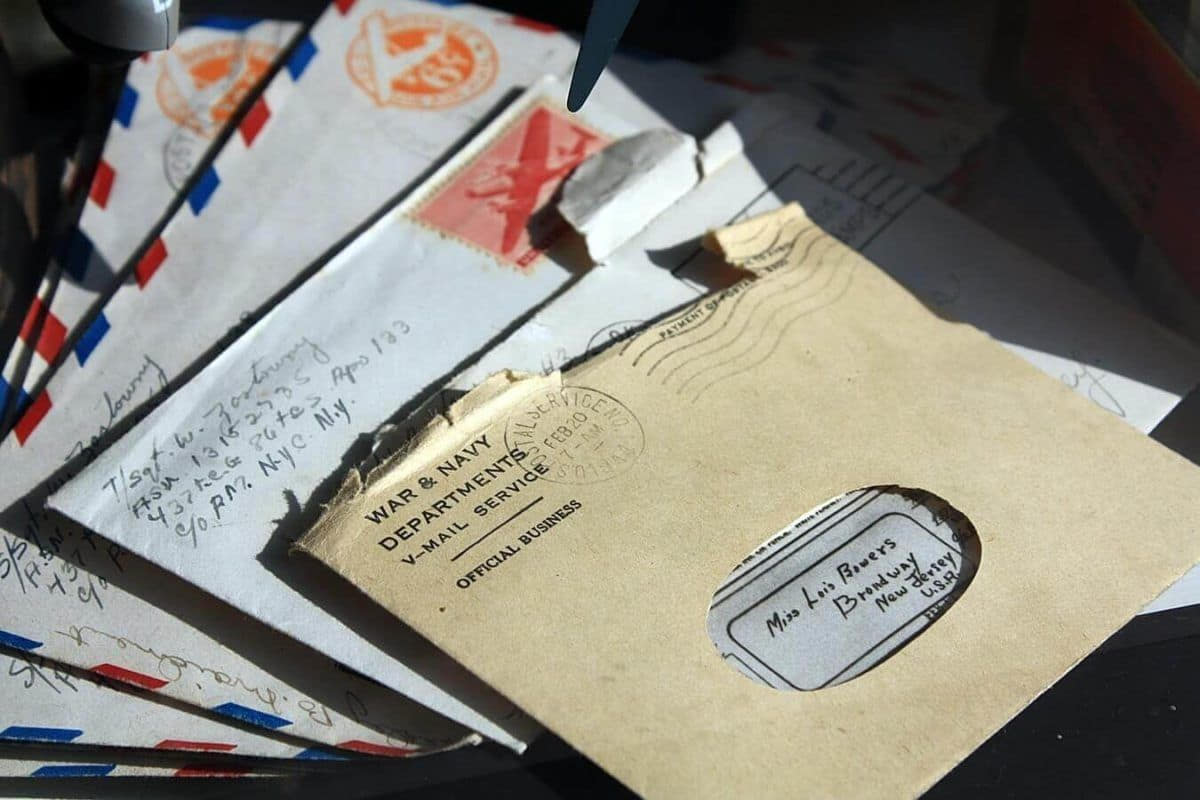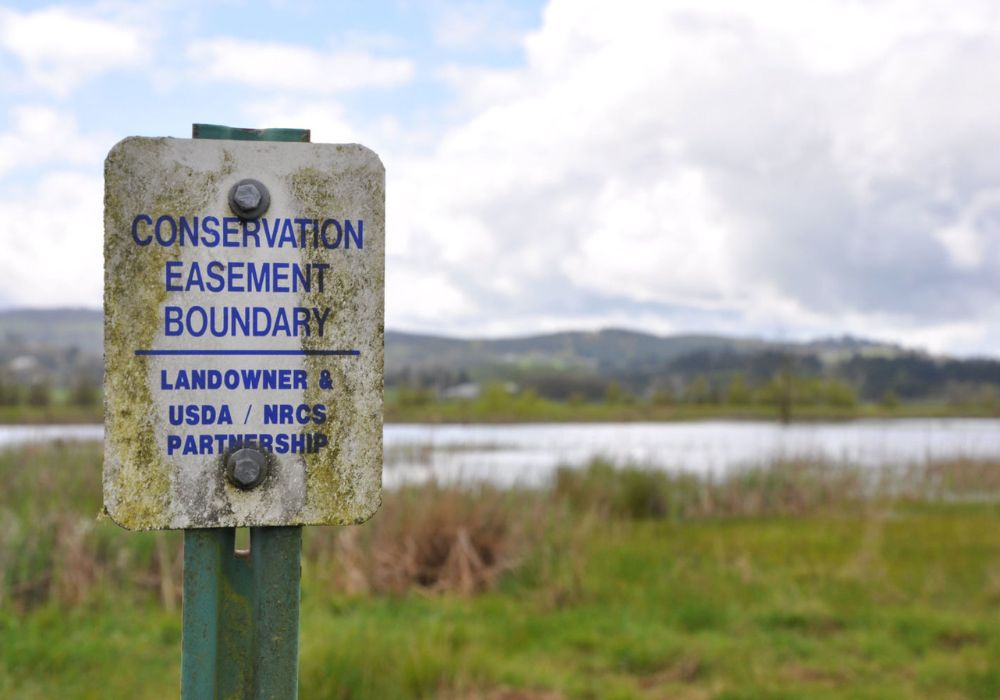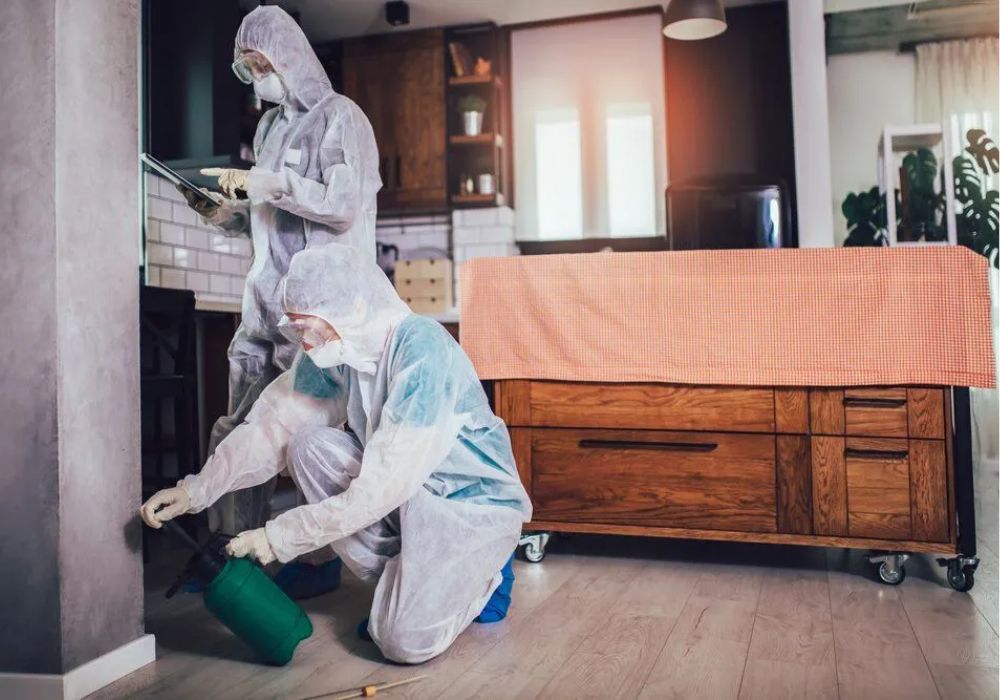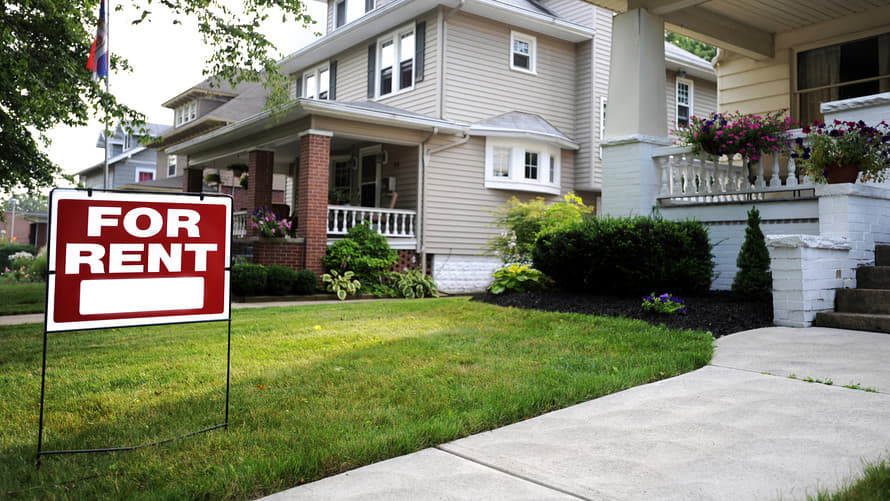All renters dread apartment inspections, as failing can have negative consequences. In this article, we will explore what tenants should expect if they do not pass an inspection by their landlord or property manager.
What does a landlord look for in an apartment inspection?
During an inspection, especially one for lease renewal or move-out, the landlord will be rigorously examining various aspects of the unit. Some key things they will scrutinize include:
-
Compliance with lease terms: The landlord will check for any signs the tenant has violated the lease, such as an unauthorized pet causing damage or odors if smoking inside a non-smoking unit.
-
Condition of appliances: The landlord will inspect appliances like the stove, fridge, and dishwasher to ensure they are in good working order, with no damage beyond normal wear and tear. Tenants may be charged for repairs or replacement of broken appliances.
-
Walls and windows: Cracks, holes, or broken windows are safety and maintenance issues the landlord will want repaired. Tenants may have to pay for these repairs if found at inspection.
-
Floors: Warped, damaged floors can present tripping hazards and must be restored to a level, intact condition. Floor repairs can be expensive.
-
General cleanliness: The unit should be thoroughly cleaned before inspection so it is in rentable condition for the next tenant. Dirty carpets or permanent stains will hurt a tenant's chances of getting their full deposit back.
Related: What Happens If A Tenant Does Not Return Keys?
Will I have to pay cleaning fees after failing an inspection?

Yes, tenants can expect to pay cleaning fees if an inspection turns up extensive dirtying or issues like mold and permanent stains that require professional remediation.
Cleaning up before the inspection is important, as is promptly addressing maintenance issues that could lead to bigger problems. Things like steam cleaning carpets or soaking out tough floor stains can help units pass inspection.
Will I have to pay damage fees?
In addition to cleaning fees, tenants may facedamage fees if the inspection finds any damage beyond normal wear and tear was done to the unit.
This could include repairs for holes in walls, broken windows, water-damaged floors and more. Tenants are responsible for keeping the property in good condition, so damage fees serve to return it to its original state.
Can I lose my security deposit after failing an inspection?
Absolutely, failing an inspection puts a tenant's security deposit at severe risk. Deposits are intended to cover any cleaning, repairs or replacement costs needed to make the unit rent-ready again.
If defects found at inspection require expenditure of the full deposit amount or more, tenants will likely lose their entire deposit. They may also still owe fees beyond what the deposit covers.
Will my lease get renewed if I fail inspection?
Landlords have full discretion to renew or not renew a lease. Failing an inspection shows the tenant did not properly maintain the property as required. As a result, landlords may choose not to renew a lease, forcing the tenant to move out.
This can make finding new housing difficult if the failed inspection is reported on future rental applications. Tenants really need their lease renewal approved, so passing inspection is critical.
Can I receive a notice or warning before losing my housing?
Tenants are entitled to written notice of any failed inspection and items that need fixing within a set timeframe, usually 30 days.
For annual inspections, there may be options for reinspection after repairs are made. However, continued failures or unaddressed issues could lead to formal notice to terminate the lease.
Losing housing is a last resort, but may happen after multiple inspection failures.
What penalties might I face over time for ongoing issues?
If repairs are not addressed after notice, penalties escalate over time. Utilities may be cut off or the unit put under "abatement" status where the landlord faces penalties until issues are resolved. Prolonged non-compliance could lead to contract termination and demands the tenant vacate immediately while still paying rent.
Failing inspections should always be avoided due to the various penalties and risks that accumulate the longer repairs are delayed.
Conclusion
Passing apartment inspections is crucial for tenants to avoid penalties, renew their lease, and get their security deposit refund. Maintaining open communication with landlords and addressing all noted issues promptly is the best way to stay in good standing.
While challenging, putting in thorough cleaning and making any necessary repairs before an inspection goes a long way towards living rent-free with repairs covered, as it should be. Tenants who understand the risks of failing inspections are highly motivated to keep their units well-kept and compliant with standards.
